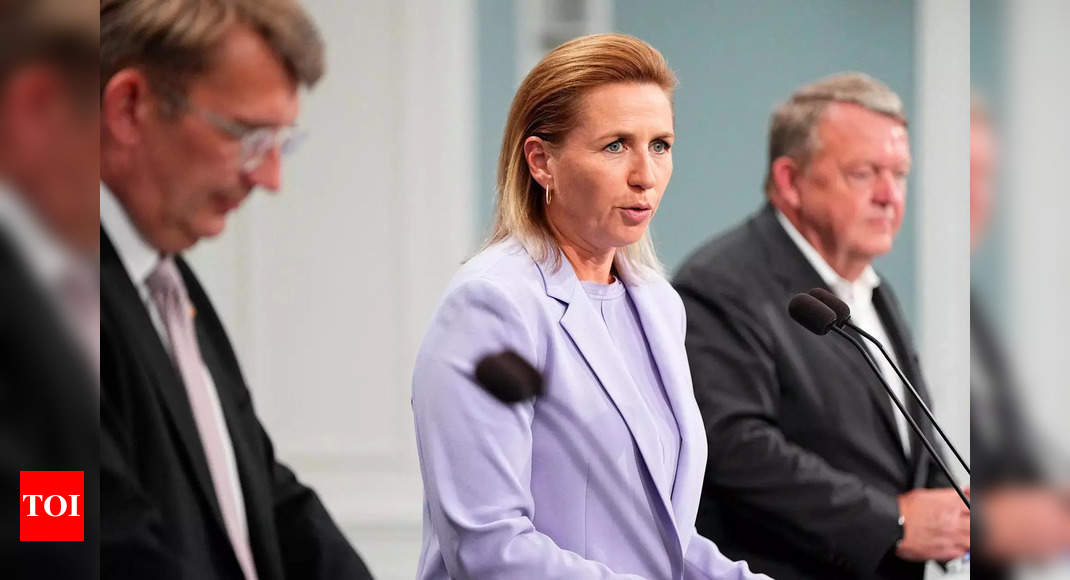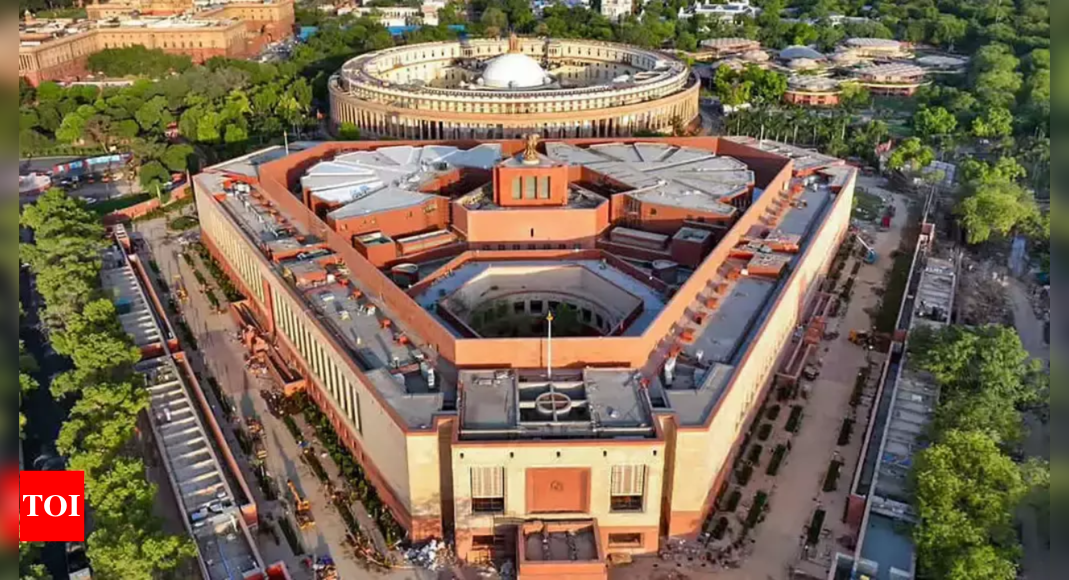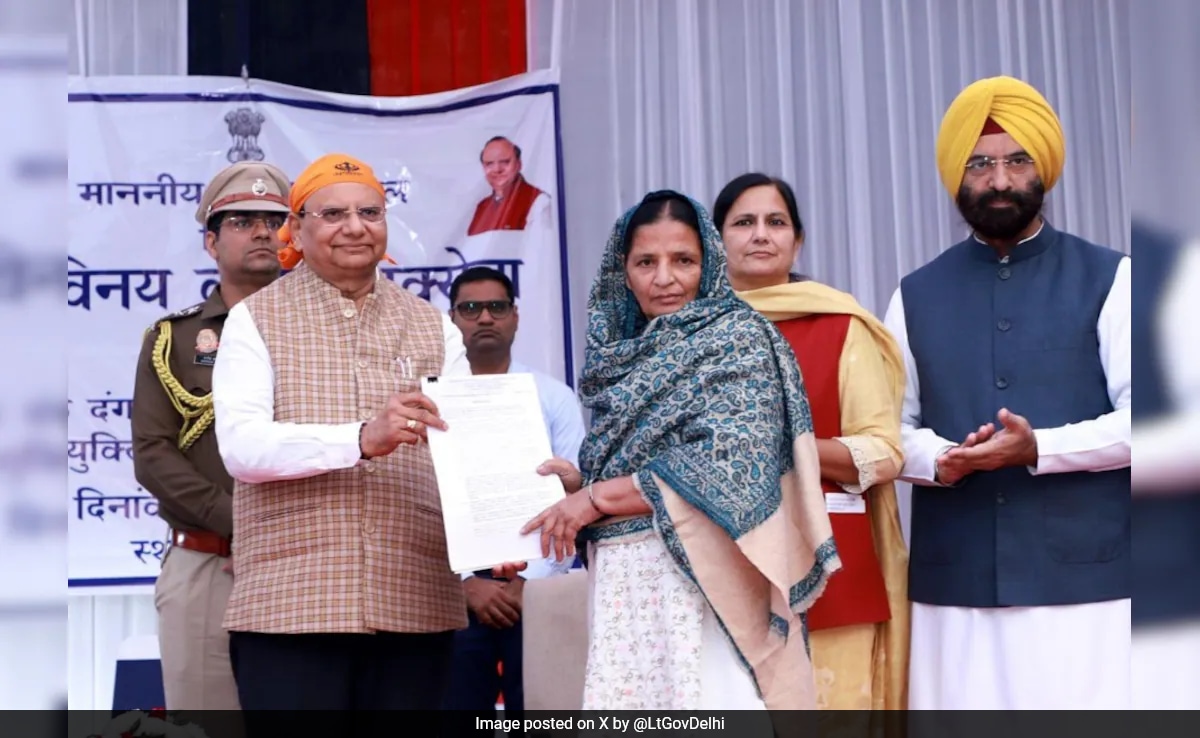
Danish Prime Minister Mette Frederiksen, whose country is known for some of Europe’s strictest immigration rules, said it’s right that other govts are shifting their tone on the need for more stringent controls. “We have to be, unfortunately, quite tough on migration,” Frederiksen said in a Bloomberg interview at her office in Copenhagen on Friday. “We should have changed the rules and the legislation in Europe a long time ago.”
In addition to dealing with the war in Ukraine, immigration should be Europe’s top priority, Frederiksen said.Govts across the region have reacted “a bit too late” to rising migrant flows, driving associated problems such as a lack of integration, radicalisation and crime. “We still have time to change this,” the 46-year-old prime minister said.
The comments come after neighbouring Germany toughened its crackdown on undocumented migrants by widening controls to all of its nine land borders, including Denmark. The conversation is “changing a lot,” Frederiksen said. “Finally.”
The Social Democrat is a rare example of a mainstream politician pushing through harsher immigration policies. Leading Denmark since 2019, she has placed greater focus on returning refugees home and exploring options to transfer asylum seekers to third countries. One of the plans – currently halted – entails setting up asylum centres in Rwanda.
In addition to dealing with the war in Ukraine, immigration should be Europe’s top priority, Frederiksen said.Govts across the region have reacted “a bit too late” to rising migrant flows, driving associated problems such as a lack of integration, radicalisation and crime. “We still have time to change this,” the 46-year-old prime minister said.
The comments come after neighbouring Germany toughened its crackdown on undocumented migrants by widening controls to all of its nine land borders, including Denmark. The conversation is “changing a lot,” Frederiksen said. “Finally.”
The Social Democrat is a rare example of a mainstream politician pushing through harsher immigration policies. Leading Denmark since 2019, she has placed greater focus on returning refugees home and exploring options to transfer asylum seekers to third countries. One of the plans – currently halted – entails setting up asylum centres in Rwanda.









